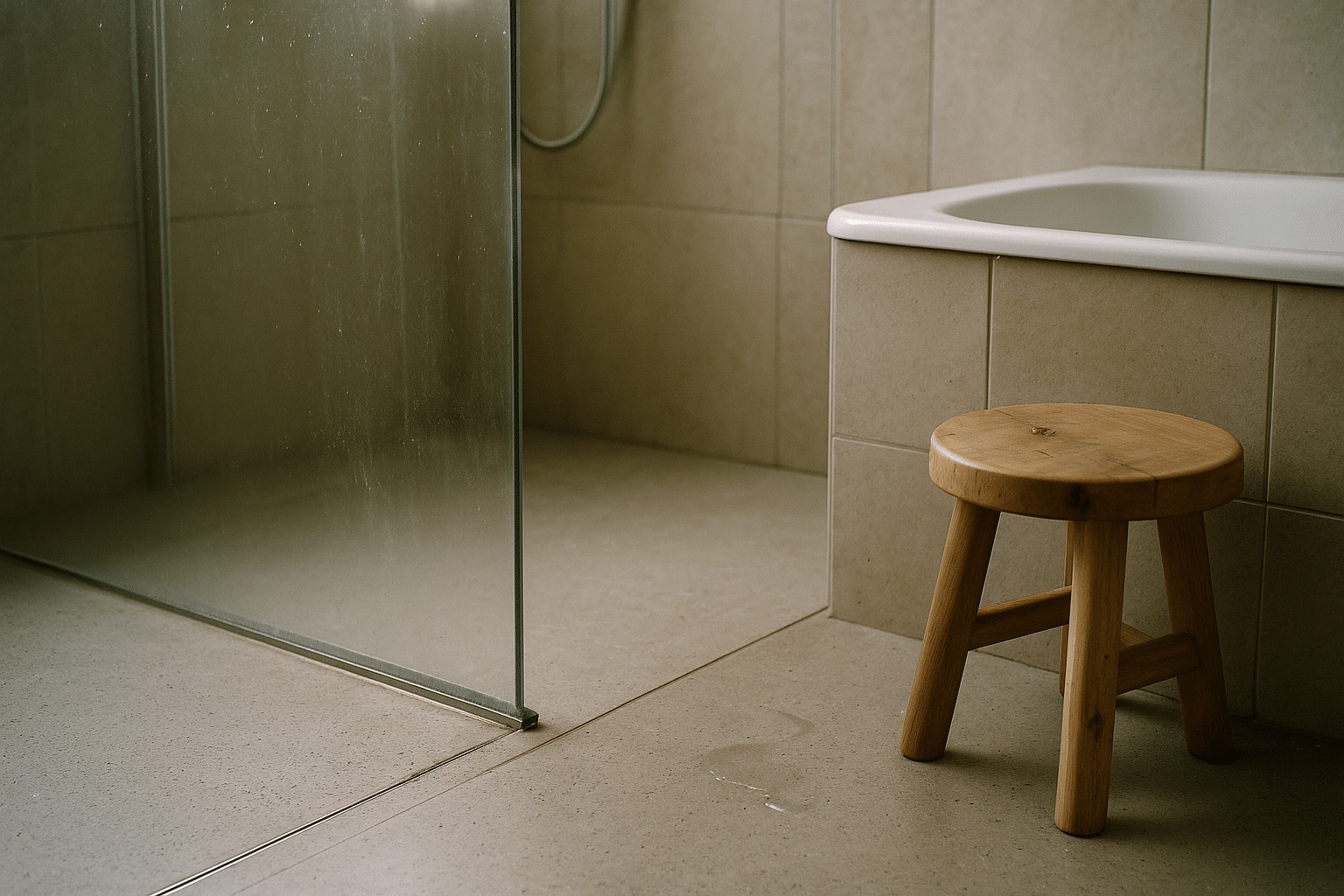
Breathing Techniques to Enhance Physical and Mental Performance
Breathing is more than just a life-sustaining function; it’s a powerful tool that can significantly enhance both physical and mental performance. Whether you’re an athlete reaching for new heights or someone looking to improve mental clarity, understanding and mastering breathing techniques is essential.
Benefits of Effective Breathing
Breathing techniques have been shown to improve oxygen delivery to muscles, increase focus, and reduce stress. According to a study published in the Journal of Sports Sciences, athletes who practiced controlled breathing had a notable increase in endurance and performance.
Expert Insights
Dr. Emily Fletcher, a renowned sports psychologist, states, “Incorporating breathing exercises into your routine can lead to significant improvements in performance by reducing anxiety and enhancing concentration.” Her insights are echoed by many in the athletic community.
Real-Life Example
Mark, a marathon runner, shares his experience: “Once I started using deep breathing techniques during my runs, I noticed a tangible difference in my stamina and mental resilience.” His story highlights the practical benefits of breath control.
Effective Breathing Techniques
- Diaphragmatic Breathing: Focuses on using the diaphragm effectively to maximize lung capacity.
- Box Breathing: Involves inhaling, holding, exhaling, and pausing for equal counts, often used by military personnel.
- Alternate Nostril Breathing: A yoga technique that balances energy and calms the mind.
Practicing breath control techniques daily can enhance both physical performance and mental clarity over time.
Comparison of Techniques
| Technique | Physical Benefit | Mental Benefit |
|---|---|---|
| Diaphragmatic Breathing | Increases lung capacity | Reduces stress |
| Box Breathing | Improves endurance | Enhances focus |
| Alternate Nostril Breathing | Balances energy | Calms the mind |
| 4-7-8 Breathing | Promotes relaxation | Improves sleep quality |
| Resonant Breathing | Stabilizes blood pressure | Reduces anxiety |
| Pursed-Lip Breathing | Increases oxygenation | Decreases shortness of breath |
| Buteyko Breathing | Improves respiratory efficiency | Enhances concentration |
| Lion’s Breath | Relieves tension | Boosts confidence |
FAQs
How often should I practice breathing exercises?
Consistency is key. Aim for at least 10 minutes a day to start noticing benefits.
Can breathing techniques help with anxiety?
Yes, many find that controlled breathing reduces anxiety and improves mental clarity.
Is there a specific time of day best for these exercises?
Morning or evening sessions can be particularly effective, but find what works best for your schedule.
Conclusion
Incorporating structured breathing techniques into your daily routine can provide significant enhancements to both mental and physical performance. By taking the time to breathe properly, you open the door to a more focused, calm, and capable you. Start today, and notice the transformation over time.


